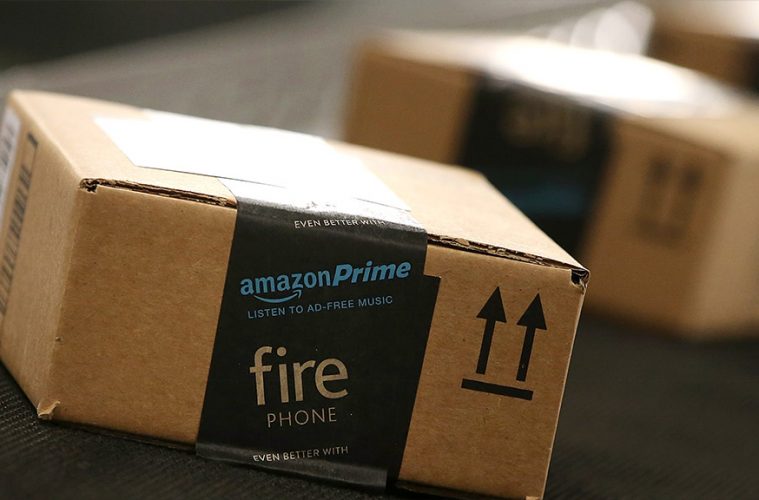String Swing has discovered via a test buy that counterfeit versions of certain of its products have been sold on Amazon.
“We purchased a guitar hanger that looks and feels a fair amount like a String Swing, but it’s not,” Travis Thieman, vice president of Ontario-Wis.-based String Swing, told the Music & Sound Retailer. “It came in a package that says String Swing and it says String Swing on it. Someone who didn’t work or know the product well wouldn’t think anything of it until they install it or use it and realize it’s not very good quality. The mounting hardware and components are not anywhere near as high a quality compared to our products. But as first look, it’s a decent reflection [of our products].”
Thieman said any end users who received the product can contact String Swing and it will be replaced with an authentic product. “I don’t want anyone disappointed in our product at the end of the day, despite the cost to us,” he said.
String Swing does not sell its products directly to Amazon, but end users can purchase these products via third-party sellers.
According to Thieman, String Swing has contacted Amazon, which has not been quick to resolve the issue. However, the online retailer is working on a new level of brand registry, expected to roll out shortly, that String Swing is “eager to take part in.”
“But up until that point, anyone can go on [Amazon] and say I have one of those for sale, ship into the Prime system and sell it, regardless if it is authentic or not, until you can prove otherwise to Amazon, which can be quite a task.
Thieman relayed String Swing is not alone. Several other manufacturers, whether in MI or not, have also faced this issue. Counterfeiters clearly believe the financial upside outweighs the effort it takes to illegally copy a product.
“I’m not an expert in this, but what I understand is happening and what I believe happened with our product is someone can go to a website such as Alibaba and find a manufacturer in China, send them a sample of what you want, and if the company is willing to violate IP [intellectual property] rights, they make a product that’s so close the lay person can’t tell. You can source that product for a fraction of the cost than a legitimate dealer and then resell it at a much higher margin.”
Thieman stressed that on the MI retailer end, he does not believe String’s Swing’s legitimate dealer network has been affected at all. “I believe it’s contained to the anonymity of third-party selling sites. … For MI retailers, the biggest thing to know is it has happened in the industry.”
For end users, if the price is much cheaper for a String Swing or being sold by someone who just launched with zero feedback, a red flag should be raised, he added.
Thieman did say he at least takes some solace in the fact that counterfeiters must think highly enough of String Swing products to copy and sell them. “I guess that says something good about what we’re doing,” he concluded.


